Project News ·
Tourism operators turn into citizen scientists to monitor reef water quality
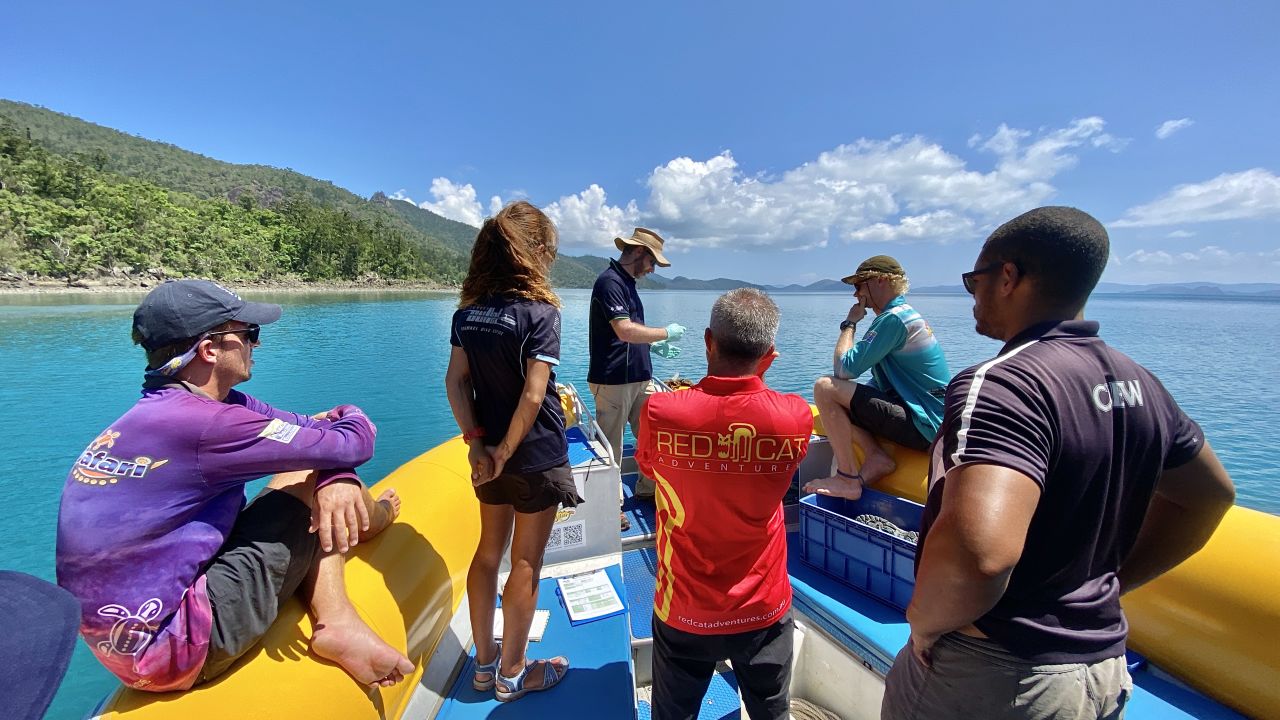
Tourism operators in the Whitsundays have begun collecting data in a citizen science project to keep track of the water quality in their area.
The Whitsunday Water Quality Monitoring Blueprint for Tourism Operators project aims to increase understanding of water quality and reef health in the Whitsundays.
The tourism community has a vested interest in the long-term health and functionality of the Great Barrier Reef, and they are well positioned and willing to lead solution-based monitoring, and effectively communicate water quality results.
Tourism operators will maintain data loggers and take water quality samples every six weeks. They are being trained by scientists from James Cook University in how to take water quality samples.
The program methods will align with existing water quality monitoring that JCU undertakes for North Queensland Bulk Ports at its facilities in the region.
Tourism operators, JCU, Reef Catchments and the Whitsunday Charter Boat Industry Association plan to deploy two loggers on 4 February.
Katrina Dent, CEO of Reef Catchments said it is great to see the tourism industry given the opportunity to have more involvement in understanding reef water health. “It’s very exciting to be working with such a diverse range of stakeholders and encouraging to see a group come together to examine the challenges, options and solutions for the future of the Whitsundays.”
Sharon Smallwood, executive secretary of the WCBIA said: “Water quality is one of the Whitsunday tourism industry's ongoing challenges. At peak times our region carries more visitation to the Great Barrier Reef than any other on the east Australian coast, so it is vital we understand what is happening at our inshore island reefs.
“Establishing baseline data through this water quality monitoring project will empower us to make the best possible management decisions for the benefit of the environment, a sustainable tourism industry, and the one million visitors a year we welcome to our section of the Great Barrier Reef.”
This project is funded by the partnership between the Australian Government’s Reef Trust and the Great Barrier Reef Foundation, and NQBP, with support from Reef Catchments,
WCBIA, James Cook University, Mackay-Whitsunday-Isaac Healthy Rivers to Reef Partnership and the Whitsunday Bareboat Operators Association.
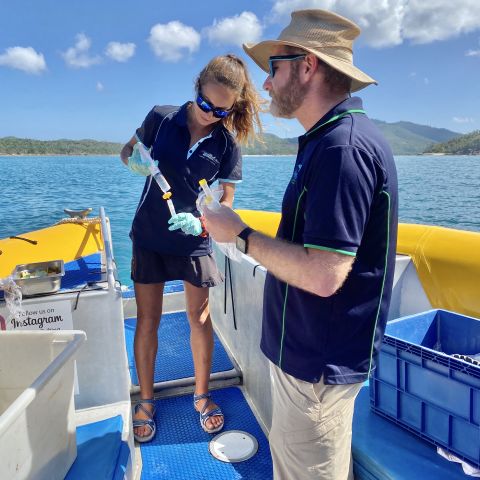
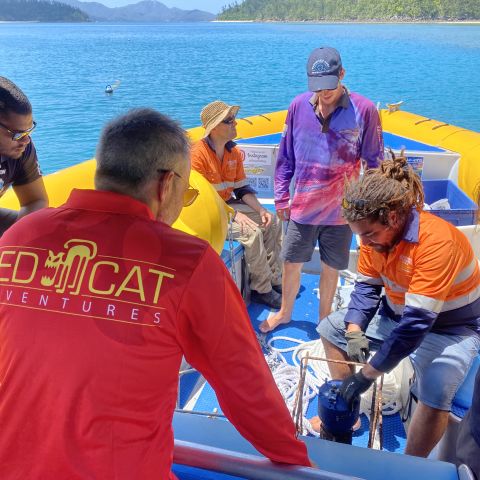
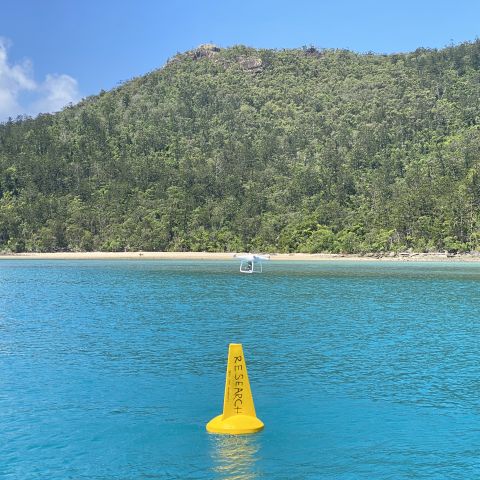
#Related
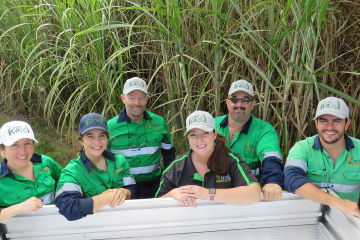
Project News ·
Agronomic skills boosted in North Queensland
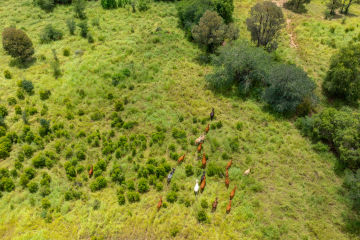
Project News ·
Graziers contribute to preserving the Great Barrier Reef
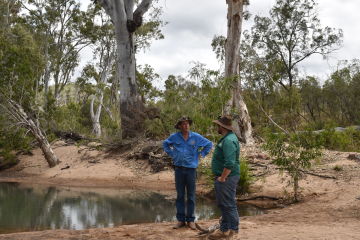
Project News ·

